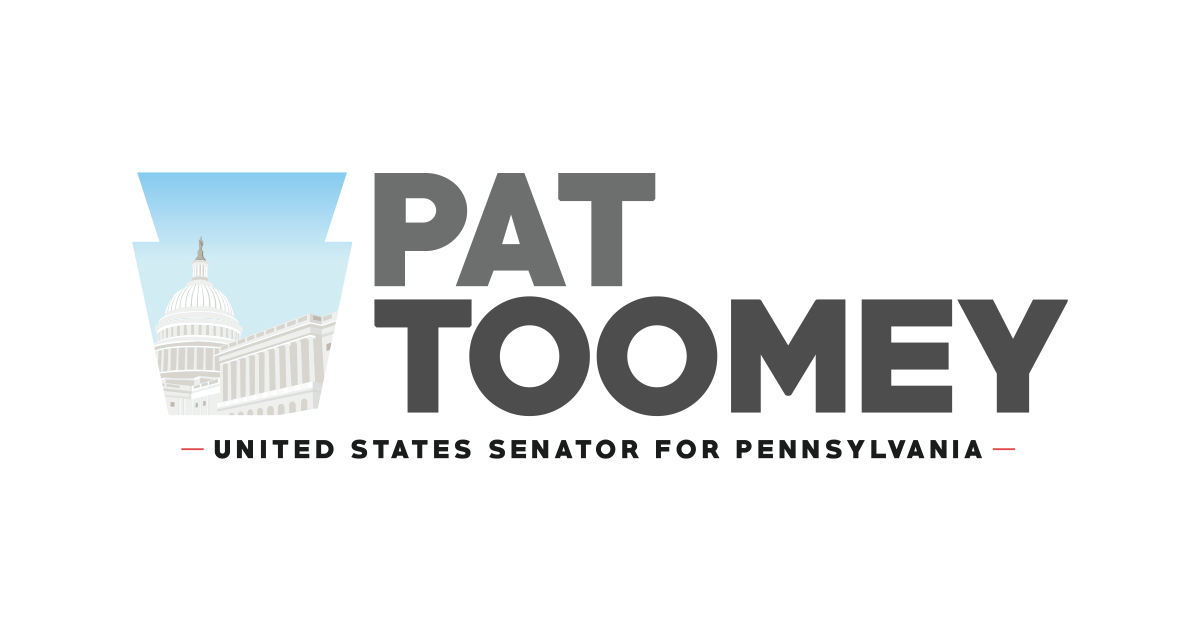Source: United States Senator for Pennsylvania Pat Toomey
Washington, D.C. – U.S. Senator Pat Toomey (R-Pa.) issued the following statement regarding his vote against the Infrastructure Investment and Jobs Act:
“There is a need to expand and maintain our nation’s real, physical infrastructure, which is why the federal government spends billions on these projects every year. But this legislation is too expensive, too expansive, too unpaid for, and too threatening to the innovative cryptocurrency economy.
“Federal infrastructure spending should be driven by a reasoned assessment of our nation’s needs, but this process was driven by Democratic political imperatives rather than necessity. As a result, much of the bill’s spending on actual infrastructure is excessive – such as the $107 billion for transit even as nearly $40 billion in transit “COVID” money remains unspent. Worse, the bill funnels billions to projects that the private sector has been more than willing to fund, such as ferries, EV charging stations, and the power grid. It also showers taxpayer dollars on items, like Pacific salmon conservation, tree planting, and demolishing “racist” highways, that cannot be considered infrastructure at all.
“Despite promises this legislation would be entirely paid for, the bill instead adds hundreds of billions to our already staggering deficit when about $1 trillion in unspent ‘COVID relief’ is still available for repurposing. This comes on the heels of $4 trillion to combat a pandemic, a $2 trillion liberal wish-list rushed through by Democrats on a partisan basis in March, and the specter of another $3.5 trillion monstrosity that would radically redefine the very role of the federal government in the lives of middle-class Americans. To put this in perspective, Congress could pass over a quarter of our nation’s GDP this year in new spending.
“If those features were not bad enough, this legislation imposes a badly flawed, and in some cases unworkable, cryptocurrency tax reporting mandate that threatens future technological innovation.
“For these reasons, I could not support this measure.”
###
